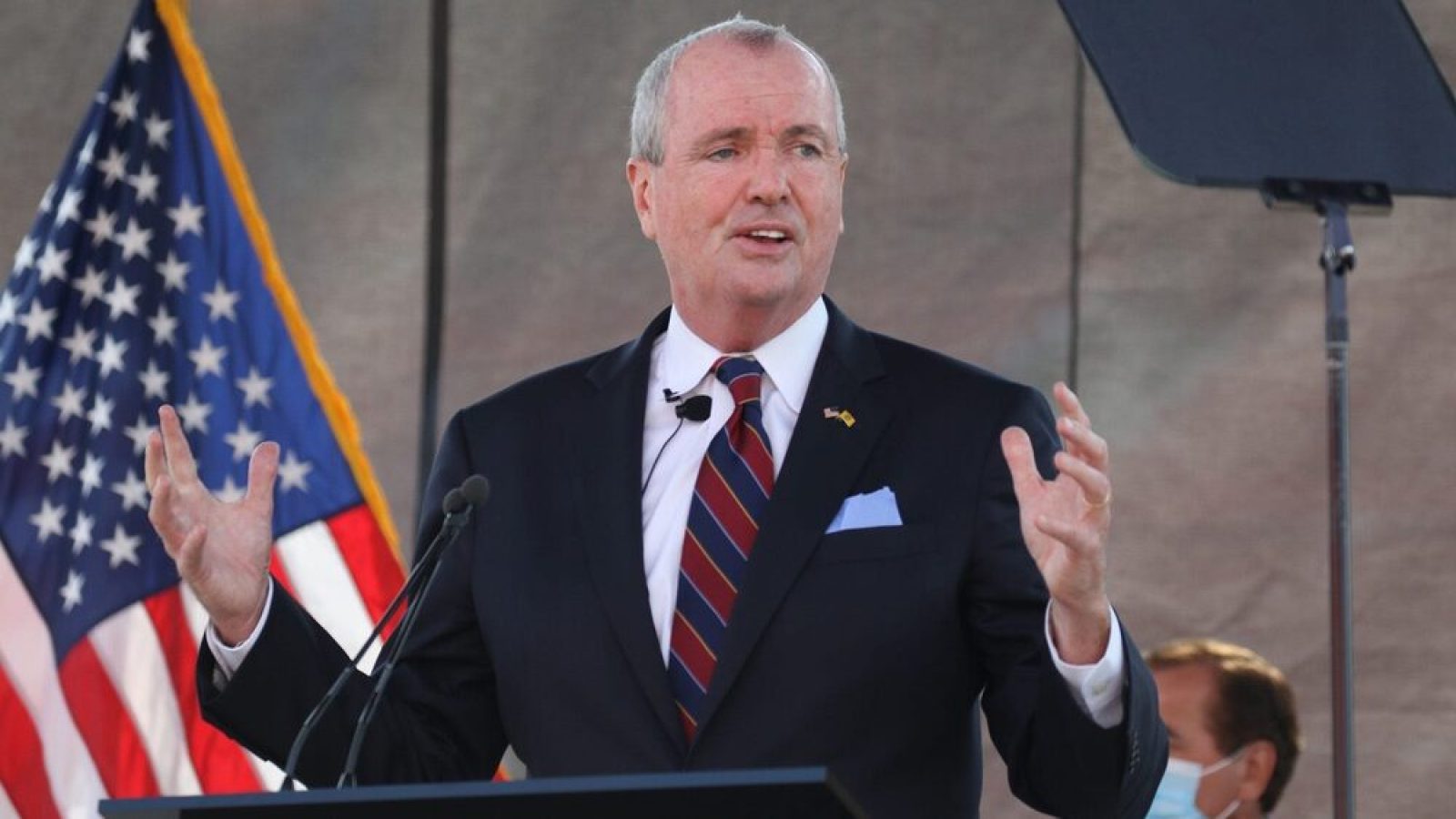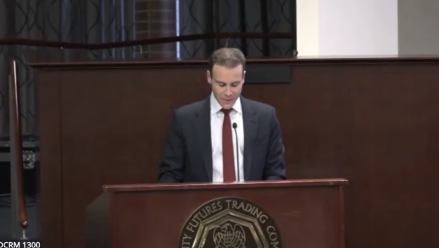New Jersey appears set to become the latest state to raise sports betting taxes, but the hike does not appear to be as dramatic as initially feared, as Gov. Phil Murphy and legislative leaders work out final details of the state’s 2026 budget.
According to NJ.com, taxes on sports betting and online casino revenue will be raised to “less than 20%.” Currently, sports betting revenue is taxed at 13% and online casino at 15%.
That figure is lower than the 25% rate in Gov. Murphy’s original budget proposal. That hike was projected to raise an additional $322.6 million for the state’s casino revenue fund — which goes toward seniors and people with disabilities — plus another $80 million for the state’s general fund.
When the 25% tax rate was proposed, Jeremy Kudon of the Sports Betting Alliance argued the hike “would be a wrong turn for New Jersey,” while B Global principal Brendan Bussmann called it a “slap across the face.”
While an exact figure for the new tax rate was not reported, Truist analyst Barry Jonas said in a note to clients that a rate of 19.75% was most likely.
Impact can be mitigated
Operators will have to adjust to the impact of higher taxes in yet another state, but a rate below 20% likely means there will not be a need for drastic actions, such as a surcharge to directly pass the cost on to bettors.
Instead, Jonas said mitigation strategies would likely be limited to promotions, with operators offering less generous promos to customers.
Without mitigation, he estimates that the hike would cost FanDuel parent company Flutter around $67 million in total, of which $29 million would come from the sports betting tax increase and $38 million for online casino. For DraftKings, the cost would be about $56 million, including $20 million from sports betting.
Jonas expects around half the cost of the tax hike to be mitigated through promo changes in 2026, with the potential for operators to limit the impact even further in subsequent years.
Latest state to increase taxes
Jonas added that the compromise was expected, and is not so worrying amid more dramatic hikes elsewhere.
“We had expected an operator friendly compromise and think ~20% is manageable in the shadow of NY, NH & now IL’s ~51%,” he wrote.
Earlier this month, Illinois introduced a new per-wager levy, at 25 cents on each of an operator’s first 20 million wagers in a fiscal year and 50 cents for all bets after that. The tax will hit market leaders FanDuel and DraftKings hardest, and is likely to mean that their total tax payments will be above 51% of revenue.
Meanwhile, Louisiana passed a bill to hike its tax on sports betting from 15% to 21.5%. Maryland also recently passed legislation to up sports betting taxes, while in Colorado, Gov. Jared Polis signed a bill to eliminate the deduction operators can claim for free bets, which in practice would act as a tax increase.
In Wyoming and North Carolina, lawmakers are also considering tax rises.





